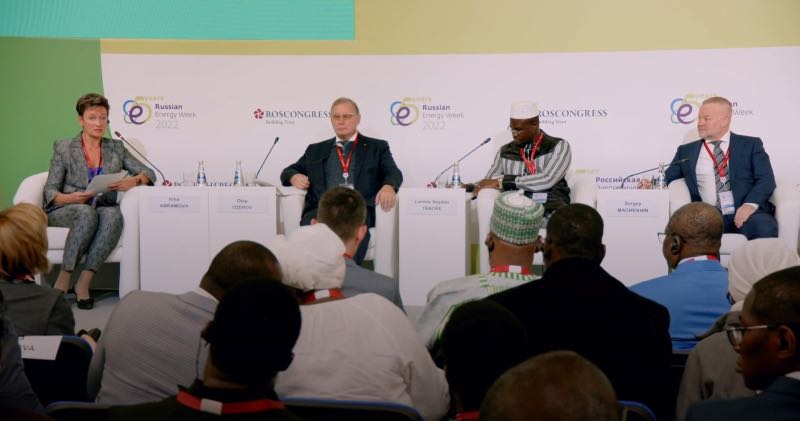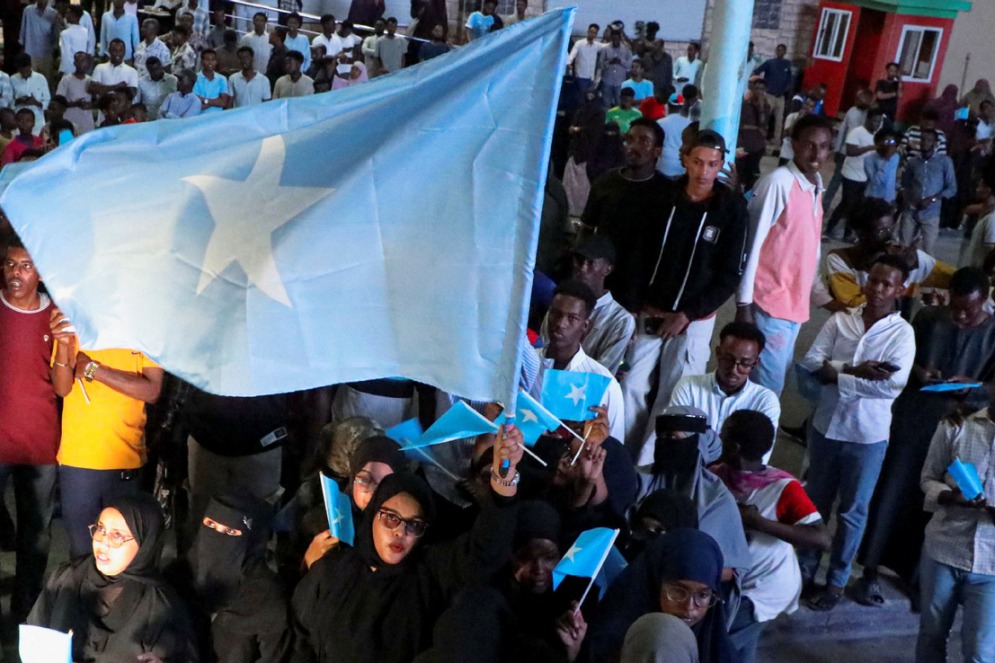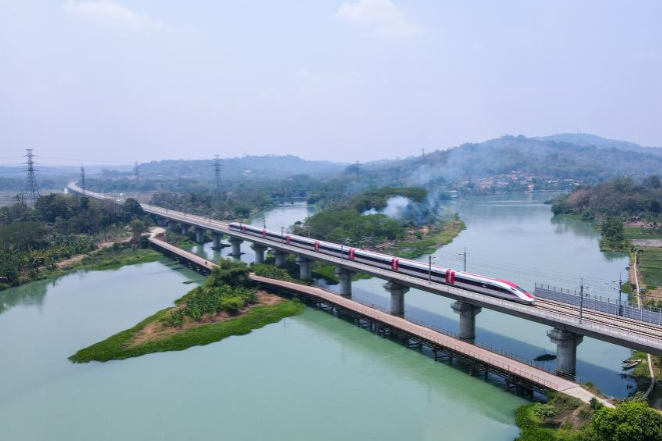REW-2022 hosts 'Russia-Africa: Sustainable Energy Development' session


The "Russia-Africa: Sustainable Energy Development" session was held on October 12 at Russian Energy Week 2022. Industry experts discussed a number of promising projects on the African continent, the promotion of which contributes to achieving the UN Sustainable Development Goal 7 - universal access to affordable, reliable, sustainable and modern energy sources.
They also talked about the public policy measures that are being taken in African countries for sustainable energy development and the energy transition, and how Russian companies fit into this context.
Sergey Machekhin, Deputy Director General for Project Engineering, Sustainable Development and International Cooperation at RusHydro, outlined the main energy projects in which the company is involved and what Africans expect from Russia in this area. According to him, this is primarily a transfer of Russian energy technology and on-site training, as this is important for the African continent, which is now developing at an accelerated pace.
"We have made a huge contribution to the development of the African continent. This includes North Africa, Central Africa and Southern Africa," said the expert.
He mentioned that, to date, the element of sustainable development - the decarbonisation of the economy - is very important in the world, including in Russia and in the African region. In addition, he focused on the principles of equal access to cheap and efficient electricity, which is in line with UN Goal 7.
"It is important that every home has not only light but also water. "RusHydro is currently implementing 33 projects in 15 countries on the African continent, with a total value of about 3 billion roubles. These are, above all, the countries that took part in the Russia-Africa Forum," Machekhin said.
"The African continent, despite the fact that part of it is covered by desert, is one of the largest undeveloped continents in the world in terms of hydro potential. Just think of large water bodies such as Lake Victoria, Lake Chad and a large number of rivers. Despite this, a huge number of people in Africa do not have access to drinking water. This is a big problem that needs to be tackled together. For this purpose, we offer several Russian technologies which, according to experts and consumers from African countries, are effective," added the representative of the Russian company.
NJ Ayuk, chairman of the African Chamber of Energy, expressed the view that Africa needs Russian technology that can be adapted to local realities while retaining its sovereignty. According to him, the countries of the continent should themselves try to realise their potential in the energy sector.
"There are discussions about getting more fertilisers from Russia. We can apply Russian technology ourselves to produce these fertilisers, and we can set up this production....if we take natural gas production on our continent and see how Russia can help us here to develop these fields, we can realise this potential. We can explore our own projects as well, generate energy from gas, promote these projects and solve the energy crisis," N.J. Ayuk said.
For his part, Oleg Ozerov, Ambassador-at-Large and head of the Russia-Africa Partnership Forum Secretariat, described the main challenge facing Russia as strengthening the sovereignty of African countries in the political, economic and technological spheres.
"The continent is woefully short of refineries, hydroelectric plants, renewable energy facilities and other critical infrastructure. Russia sees the creation of these and other capacities needed to ensure energy security of African countries as a priority," the diplomat stressed.
Experts agree that the African continent is an extremely promising and interesting partner for Russia. Africa has 14% of the world's oil and gas resources and about 20% of the world's hydro resources. The region has excellent opportunities for the development of energy types such as geothermal, solar and nuclear power.

































